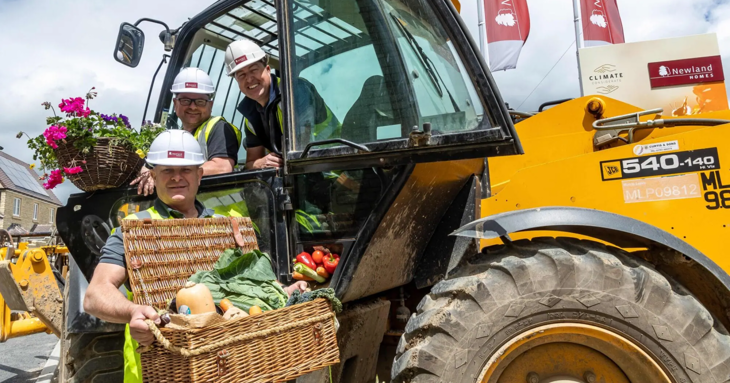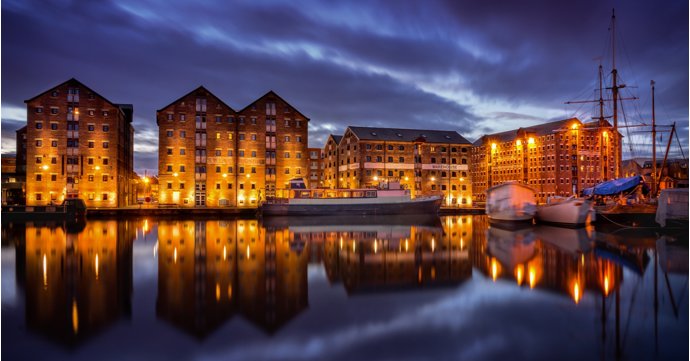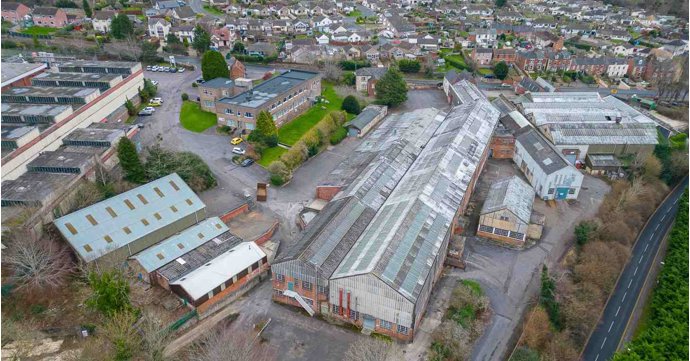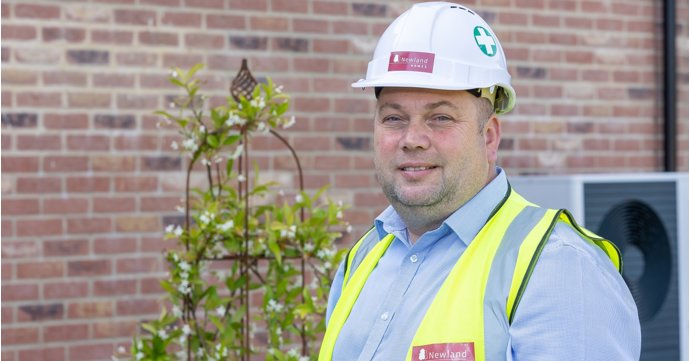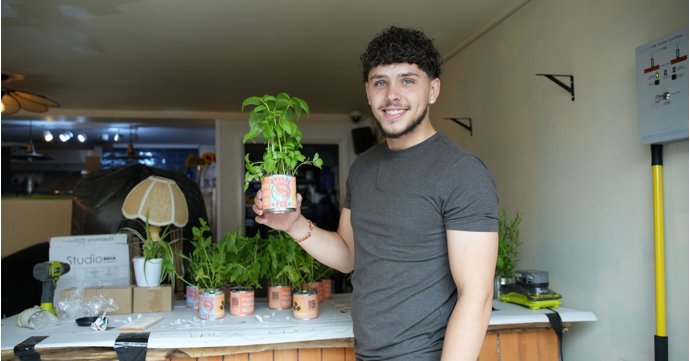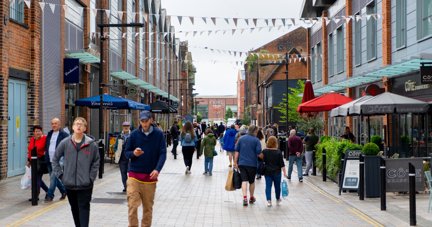Newland Homes, a Barnwood-based building developer has revealed that over the course of a single year, it has nearly halved its operational carbon emissions.
In a commitment to sustainable building practices, its energy use and greenhouse gas emissions have decreased from 475.70 tonnes of CO2 in 2022 to 241.59 tonnes in 2023 — 49.21 per cent and the equivalent of 1,801 one-way flights from London to Edinburgh.
A number of changes have contributed to the reduction, including switching all site machinery to 100 per cent renewable hydrotreated vegetable oil and phasing out the use of diesel; replacing 80 per cent of its car fleet with fully electric vehicles; and adding air source heat pumps and solar panels to phase out gas and fossil fuel heating methods within its zero carbon homes.
Corporate services director at Newland Homes, Tim Sergeant, said: 'As a private company deeply committed to environmental stewardship, we recognise that reducing carbon emissions isn’t just a responsibility, it’s an imperative.
'Every tonne of CO2 we emit contributes to the global climate crisis. By actively taking measures to reduce our carbon footprint we set a positive example for our industry and inspire others to join us in building a greener, more resilient future for all.'
With approximately 200 zero carbon homes underway or in the pipeline across the south west, Newland Homes is a certified Carbon Neutral Business, recognised by Carbon Neutral Britain, with its carbon emissions being retrospectively offset through Carbon Neutral Britain's Woodland and Climate Funds — but it doesn't want to rely on offsetting.
Tim continued: 'We will continue to seek new ways to reduce this further.
'We accept that it will be more challenging to sustain the rate of carbon reduction that we have achieved in 2023, but we will seek out new initiatives to keep up the momentum.'


